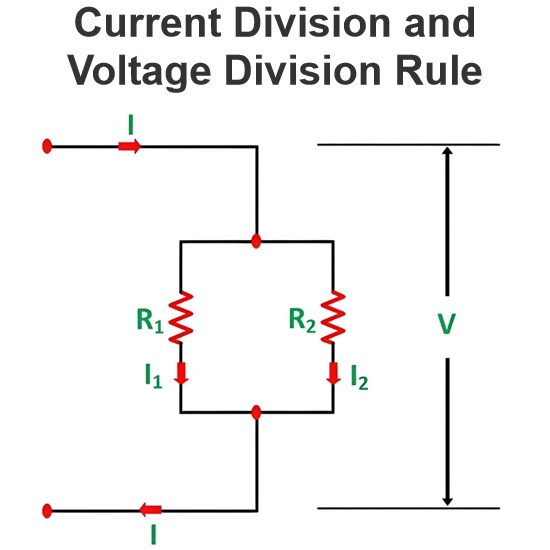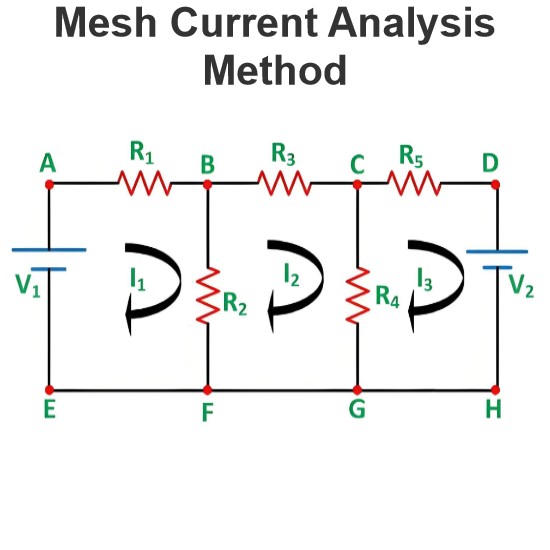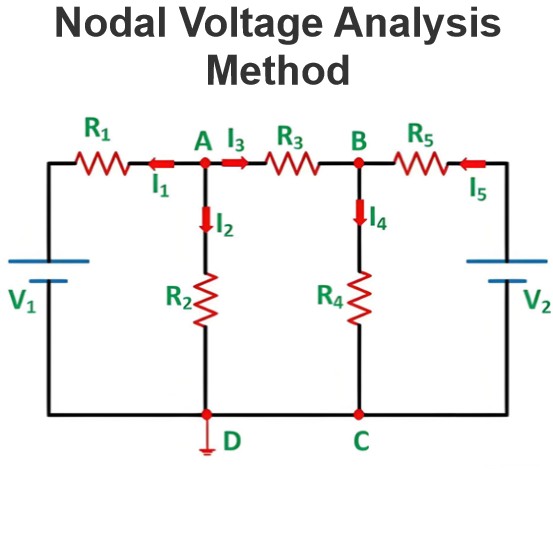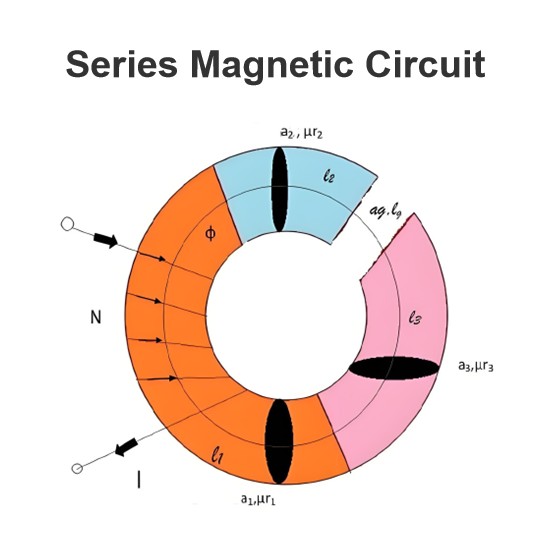H Parameters (Hybrid Parameters) in Two Port Networks
What are H Parameters (Hybrid Parameters?)
Hybrid parameters (also known as h parameters) are known as ‘hybrid’ parameters as they use Z parameters, Y parameters, voltage ratio, and current ratios to represent the relationship between voltage and current in a two port network. H parameters are useful in describing the input-output characteristics of circuits where it is hard to measure Z or Y parameters (such as in a transistor).
H parameters encapsulate all the important linear characteristics of the circuit, so they are very useful for simulation purposes. The relationship between voltages and current in h parameters can be represented as:

This can be represented in matrix form as:

To illustrate where h parameters are useful, take the case of an ideal transformer, where Z parameters cannot be used. Since here, the relations between voltages and current in that ideal transformer would be,


Since an ideal transformer’s voltage can not be expressed in terms of current, it is impossible to analyze a transformer with Z parameters because a transformer does not have Z parameters. The problem can instead be solved by using hybrid parameters (i.e. h parameters).
How to Find H Parameters in Two Port Networks
Let us short circuit the output port of a two port network as shown below,

Now, ratio of input voltage to input current, at short circuited output port is:

This is referred to as the short circuit input impedance. Now, the ratio of the output current to input current at the short-circuited output port is:

This is called short-circuit current gain of the network. Now, let us open circuit the port 1. At that condition, there will be no input current (I1=0) but open circuit voltage V1 appears across the port 1, as shown below:

Now:

This is referred as reverse voltage gain because, this is the ratio of input voltage to the output voltage of the network, but voltage gain is defined as the ratio of output voltage to the input voltage of a network.
Now:

It is referred as open circuit output admittance.
h Parameter Equivalent Network of Two Port Network
To draw h parameter equivalent network of a two port network, first we have to write the equation of voltages and currents using h parameters. These are:

Equation (i) can be represented as a circuit based on Kirchhoff Voltage Law:

Equation (ii) can be represented as a circuit based on Kirchhoff Current Law:

Combining these two parts of the network we get:

Inverse Hybrid Parameters or g Parameters
There is another set of parameters which is closely related to the h parameters. These parameters are called inverse hybrid parameters or g parameters. The relations between currents and voltages with g parameters are represented as:

In matrix form:

where:

g Parameter Equivalent Network of Two Port Network
g parameters can be obtained in a similar way to h parameters. The equivalent circuit of two port network using g parameter can be constructed.
The relations between currents and voltages in g parameter are:

As per equation (iii), we can show:

As per equation (iv) we can show:

Combining these two circuits, we get,

The h parameters are used to analyzing Bipolar Junction Transistor or BJT. Whereas, g parameter are used to analyzing Junction Field Effect Transistor or JFET.
Source: Electrical4u.
Statement: Respect the original, good articles worth sharing, if there is infringement please contact delete.
Electrical4U is dedicated to the teaching and sharing of all things related to electrical and electronics engineering.













